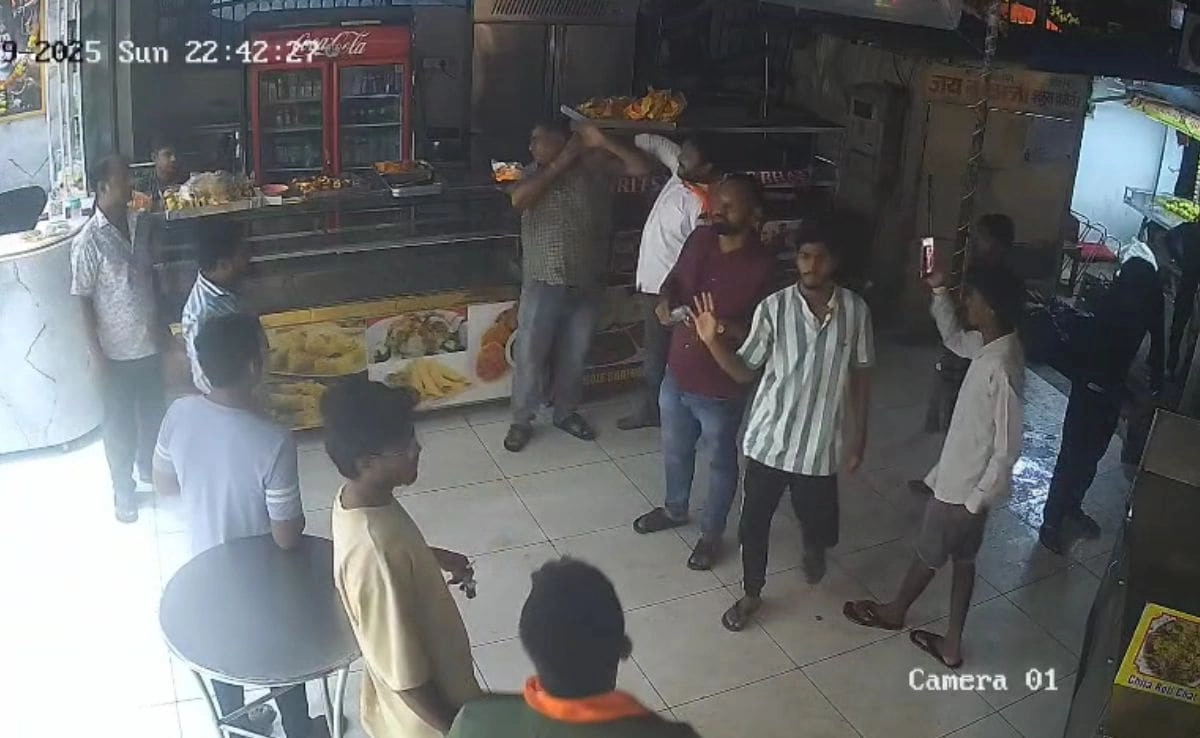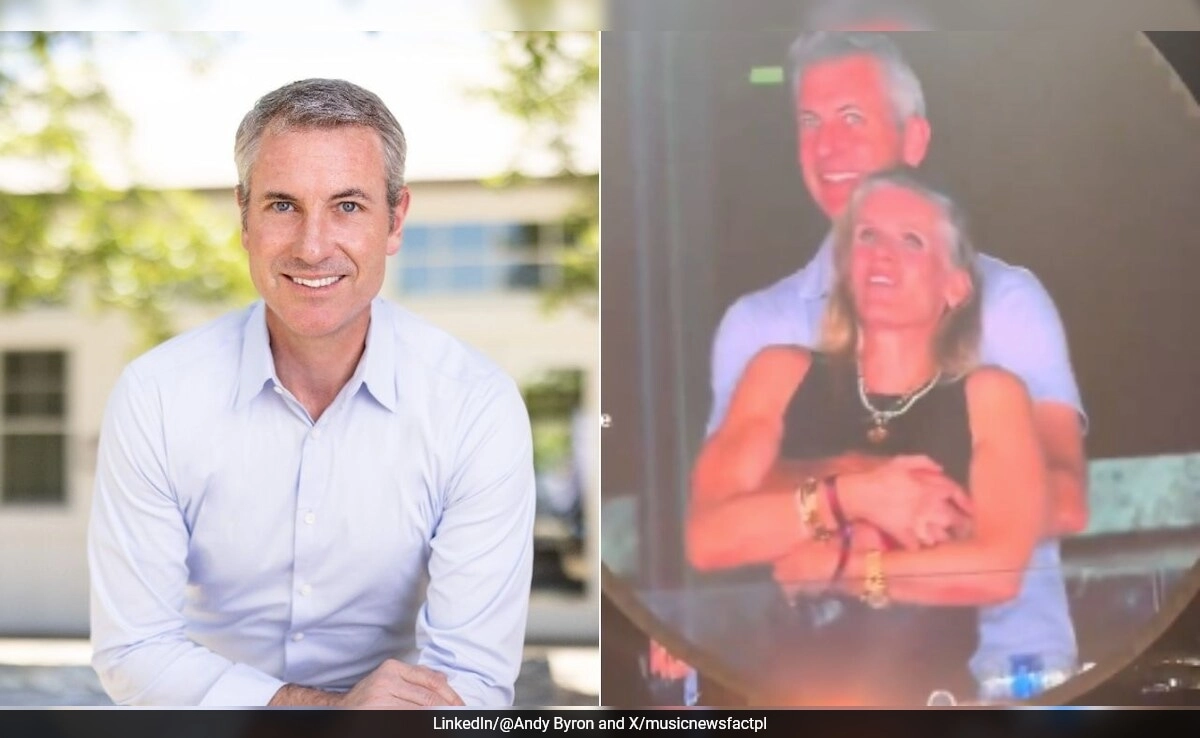Maharashtra’s political landscape was recently stirred by a controversial incident involving workers of the Maharashtra Navnirman Sena (MNS), which has reignited the debate over language and identity in the region. The incident in question involved a confrontation where MNS workers allegedly slapped individuals for speaking in Hindi. This action has drawn sharp criticism and raised questions about the party’s stance on regional language promotion versus its enforcement in public spaces.
In response to the uproar, Maharashtra’s Minister of State for Home, Shambhuraj Desai, emphasized the importance of the Marathi language and the state’s cultural heritage. He stated that while promoting the use of Marathi is essential, the manner in which it is enforced must be constructive and respectful. Desai’s comments reflect a broader concern among government officials regarding the implications of such aggressive actions by political party workers, which could lead to social unrest and divisiveness in a diverse state like Maharashtra.
The MNS has long positioned itself as a champion of Marathi pride, advocating for the use of the language in various spheres, including education, business, and administration. However, incidents like this one threaten to overshadow the party’s objectives and alienate potential supporters who may view such tactics as excessive or intolerant. The Minister’s remarks suggest a need for a more nuanced approach to language promotion—one that encourages voluntary use rather than coercive measures.
This incident is not an isolated one, as Maharashtra has a complex history of linguistic and regional identity politics. As the state grapples with its cultural identity in the face of globalization and migration, the need for dialogue and understanding among different linguistic communities becomes increasingly important. The government must find a balance between fostering regional pride and ensuring that all citizens feel respected and included, regardless of the language they speak. This will be essential for maintaining social harmony and promoting a sense of unity in a state known for its rich linguistic diversity.




